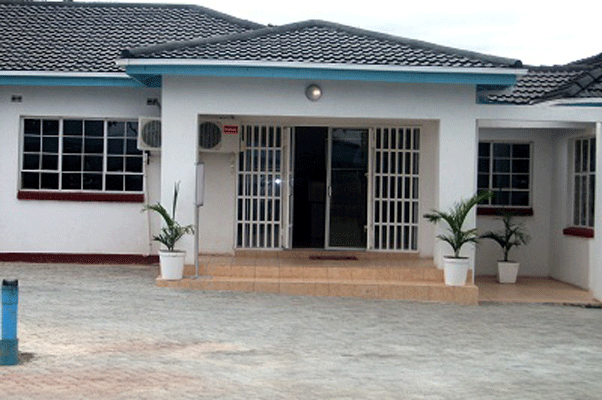
BY FIDELITY MHLANGA
ZIMBABWE’S short-term insurers’ gross premium written (GPW) increased by 395,71% to $1,37 billion last year largely because of the currency adjustments after the government ended a decade of dollarisation.
The government reintroduced the Zimbabwe dollar last June, but the currency has been rapidly losing value against the United States dollar.
According to the Insurance and Pensions Commission (Ipec), the fire, motor vehicle and personal accident insurance classes were the largest sources of business accounting for a total of 65.46% of the GPW during the 12 months ended December 31, 2019.
“The short-term insurers reported total after-tax profit increase of 766.99% from $41.47 million for the twelve months ended December 31, 2018 to $359.52 million as at 31 December 2019,” Ipec said in its latest report.
“The significant increase in total after-tax profit for the short-term insurance players was mainly driven by movements in unrealised gains as well as currency reforms.”
Total assets for short-term insurers increased from $1,20 billion as at September 30, 2019 to $1,90 billion reported on December 31, 2019, with the increase in assets mainly attributable to fixed asset revaluations, which grew by 49,18% from $331,16 million as at September 30, 2019 to $494,07 million as at December 31, 2019.
Premium debtors rose significantly by 53,35% from $260,39 million as at September 30, 2019 to $399.31 million for the 12 months ended December 31, 2019.
- Chamisa under fire over US$120K donation
- Mavhunga puts DeMbare into Chibuku quarterfinals
- Pension funds bet on Cabora Bassa oilfields
- Councils defy govt fire tender directive
Keep Reading
The increase in premium debtors reflected a deterioration in credit risk management by short-term insurers.
Investments in prescribed assets increased by 59,76% from $22,67 million as at September 31, 2019 to $36.22 million as at December 31,2019.
Only one out of the 18 short-term insurers was compliant with the minimum prescribed asset ratio of 10%.
All 18 insurers reported capital positions, which were above $2,5 million as at December 31, 2019.
“The reported capital positions were computed without accounting for non-admissible assets as stipulated in Statutory Instrument 95 of 2017,” the Ipec report added.
“However, following the increase in the minimum capital requirements (MCR) in the 2020 national budget statement, the commission awaits gazetting of the relevant statutory instrument to give effect to the new MCR.”
Based on the new MCR, only 11 entities were compliant. The capital positions reported by short-term insurers for the 12 months ended December 31, 2019.
Total cash and near-cash assets in the form of money market and short-term prescribed assets increased from $197.46 million as at September 31, 2019 to $321.77 million as at December 31, 2019.
Meanwhile, the government on Friday gazetted new regulations empowering Ipec, among other things, to do the revaluation of assets and liabilities of the insurance and pensions industry after a currency conversion.
According to the regulations, “the commission shall regulate the alignment of the activities of persons carrying on insurance and pensions business in Zimbabwe with the economic, financial and social policy objectives and interests of the state”.
Ipec will also “regulate the monitoring of the solvency of insurers, pension and provident funds; the maintenance of sound financial principles, best practice in the conduct of insurance and pensions business in Zimbabwe as well as the regulation and strengthening of the insurance and pensions industry in Zimbabwe”.











